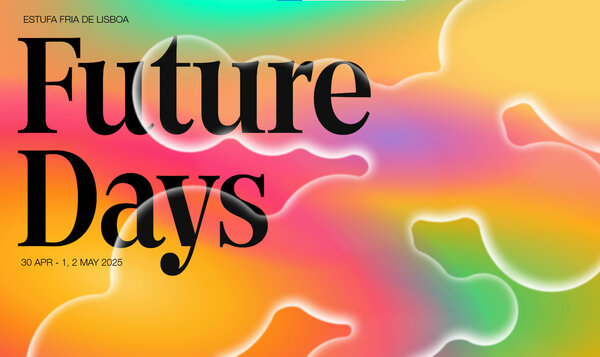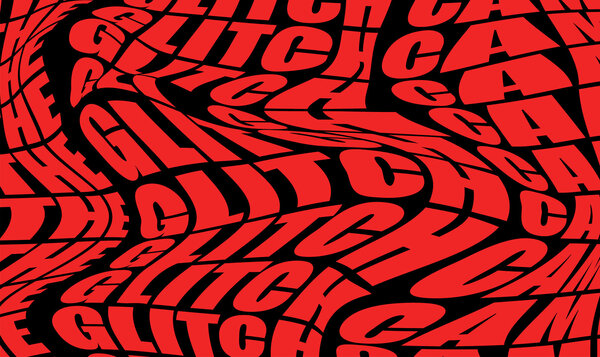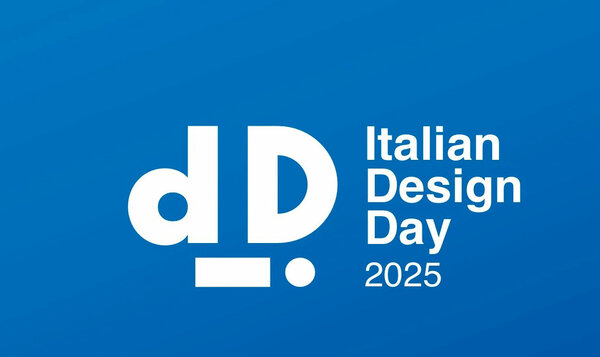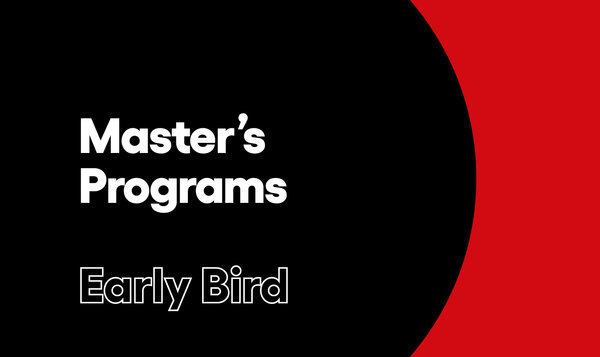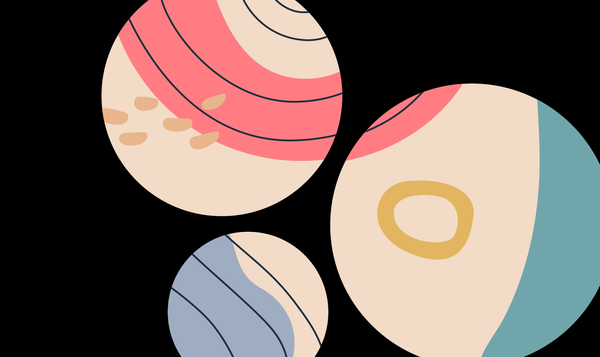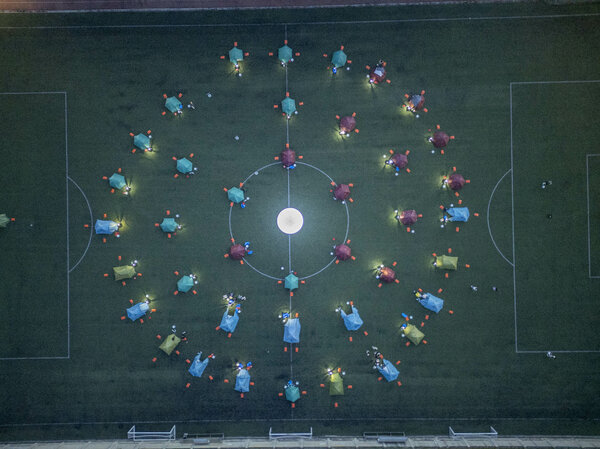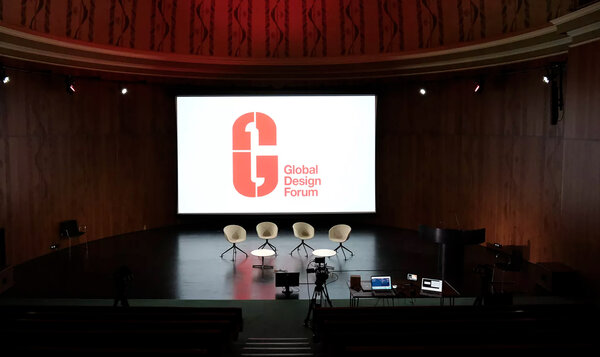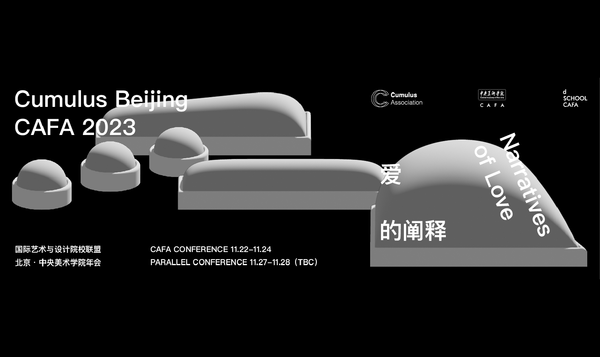IED proposes for the academic year 2022/23, starting next October 2022, the first two-year courses of its offer.

New IED Master of Arts
Date
24 May 2022
For the academic year 2022/23, starting in October 2022, IED is offering its Second Level Academic Diploma, Master of Arts.
Below we hear from Riccardo Balbo, Academic Director IED Group, on why this is the right time to address these subjects.
“The history of IED is characterised by language and substance that is provocative but never over the top.
A constant tension - in the courses, among professors, in design activities - that leads to the cyclical and constant questioning of everything: this is the tension of design, the mission of which is to put intelligence at the service of improving the world by using lateral thinking with specific skills and a global outlook. Design and planning are innovators by their very nature and so a School of Design must be too.
Listening and tuning in to the changes and the motivations behind them, without prejudice, is a commitment that costs effort and is possible if it includes everyone.
It is IED's way of doing research, of contributing to innovation, by equalising the signals coming from the thousands of people who gravitate to our network: lecturers, students, alumni, companies, institutions, families, and other schools like ours.
The Master of Arts, which award a Second Level Academic Diploma, aim to train visionary, innovative and transdisciplinary designers, future creative leaders capable of tackling complex problems and provoking positive social, cultural, environmental as well as economic change. This anticipates the needs of the community with unexpected design outcomes.
The second-level training and the Second Level Academic Diplomas that IED envisages will always have a transdisciplinary slant, even if they will concentrate on themes that focus on continuity with the relevant fields such as fashion, visual arts, art, communication, and design. A challenge that takes everyone out of their comfort zone - students, designers, schools - but which we believe is the lever with which to help educate young people in a critical and visionary manner.
The transition from “project seeker” (which characterises IED’s First Level Academic Diplomas) to “problem lover” is an important but necessary leap.
Many people ask why IED has decided to inaugurate its programme in the Second Cycle of Two-Year University Education (First Level Academic Diplomas) with the subject of Transdisciplinary Design.
Design today is experiencing a period of success (unprecedented in the past), in which it is also recognised and attributed the value of a methodological as well as cultural catalyst.
However, this unexpected openness and broadening bring with them risks: a loss of disciplinary identity, a weakening of meaning, and above all considerable confusion between methodologies, objectives, questions as well as answers.
The first aspect that needs to be made clear is the interaction between disciplines: multidisciplinary, interdisciplinary, and transdisciplinary. These are not synonyms but different ways in which disciplines interact: to enrich and balance solutions, to seek new approaches, or - in the case of Transdisciplinarity - to look for new questions, from which new subjects will coalesce over time.
For a Design school like ours, it is important to question the future of Design, our students, the creative professions, and the planet.
In fact, the First Level Academic Diploma in Transdisciplinary Design does not follow in the footsteps of the continuity of scope of the three-year courses. It proposes a disruptive method, is open to all profiles, suggests alternative looks at phenomena known to all, and questions the great themes of contemporaneity: a course that reasons like Design but does not necessarily produce Design outcomes.
The topics of reflection are mobility and urban transformation, observed through the lens of implications (the questions) rather than applications (the answers).
A course that the MIUR has recognised due to its ability to embrace the mandate of Master's Degrees and Second Level Academic Diplomas (starting with acquired skills to open up to a critical vision) as well as to highlight a method that opens up a vision”.
